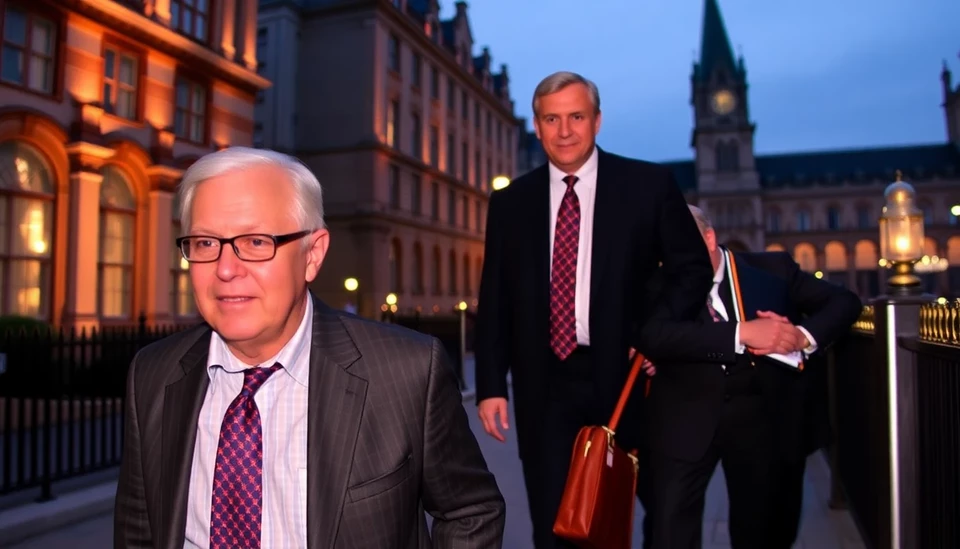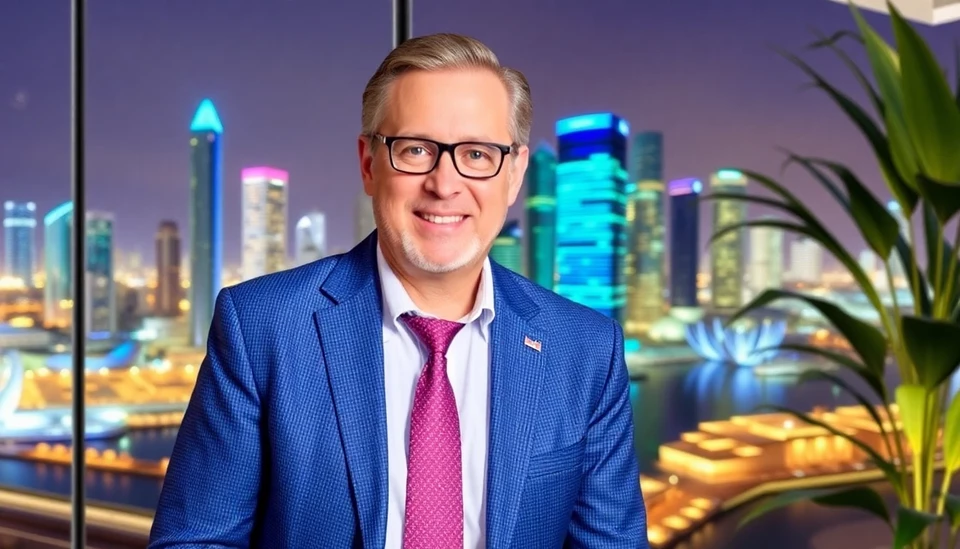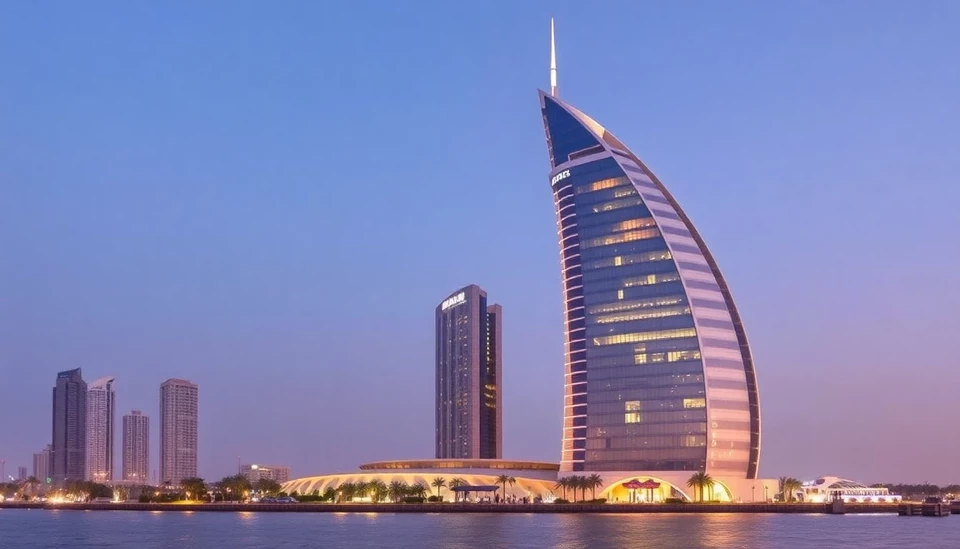
The United Arab Emirates (UAE) has expressed strong disapproval of the European Union's decision to retain the nation on its list of countries regarded as non-compliant in terms of anti-money laundering measures. This announcement has sparked tensions between the UAE and EU authorities, as the UAE believes the designation is unjustified and undermines its efforts to combat financial crimes.
In an official statement, the UAE's Ministry of Foreign Affairs and International Cooperation emphasized their commitment to maintaining robust regulatory frameworks and stringent measures aimed at preventing money laundering and other financial misconduct. The ministry asserted that the UAE has made significant strides in enhancing its financial oversight and compliance mechanisms, aligning with international standards set by bodies such as the Financial Action Task Force (FATF).
The UAE's discontent stems from a perception that the EU's blacklist is excessively punitive and does not accurately reflect the measures that have been implemented within the country. Officials in the UAE argue that their proactive stance towards financial regulation and their collaborative efforts with global entities to combat illicit financial flows should have been acknowledged by the EU. They contend that the continued listing on the blacklist could have detrimental implications on the UAE's reputation as a key financial hub in the region.
This situation is presented as part of a broader narrative where the UAE is striving to position itself as a leader in financial integrity and transparency, especially amidst increasing scrutiny following incidents of financial scandals globally. The nation has ramped up initiatives focusing on improving financial controls, including the establishment of new regulations and compliance frameworks that meet or exceed international expectations.
Furthermore, the UAE has actively sought to bolster partnerships with leading international financial watchdogs to provide technical assistance and guidance. This includes active engagement in dialogues aimed at enhancing collective efforts in the global fight against money laundering and the financing of terrorism.
As the ongoing dispute unfolds, the UAE is calling for a reassessment of its status on the blacklist, hoping for a more collaborative approach that reflects its efforts and results in combating financial crimes. The UAE believes it should not be penalized for its growth in becoming a pivotal financial center, where regulatory measures are continually improved in line with best practices.
Experts suggest that the UAE’s situation is emblematic of the larger challenges faced by countries that have made progress in financial supervision but still find themselves at odds with international regulatory bodies due to more rigid frameworks that often overlook individual country efforts and achievements.
Moving forward, the UAE aims to engage diplomatically with EU representatives to communicate the real progress made in financial compliance and hopes to secure its removal from the blacklist, thereby improving its economic relations and reputation globally.
As the situation evolves, the global community will be watching closely, given the implications it bears for international finance and regulatory practices.
#UAE #EuropeanUnion #MoneyLaundering #FinancialIntegrity #RegulatoryCompliance #InternationalRelations #Blacklist
Author: Daniel Foster




